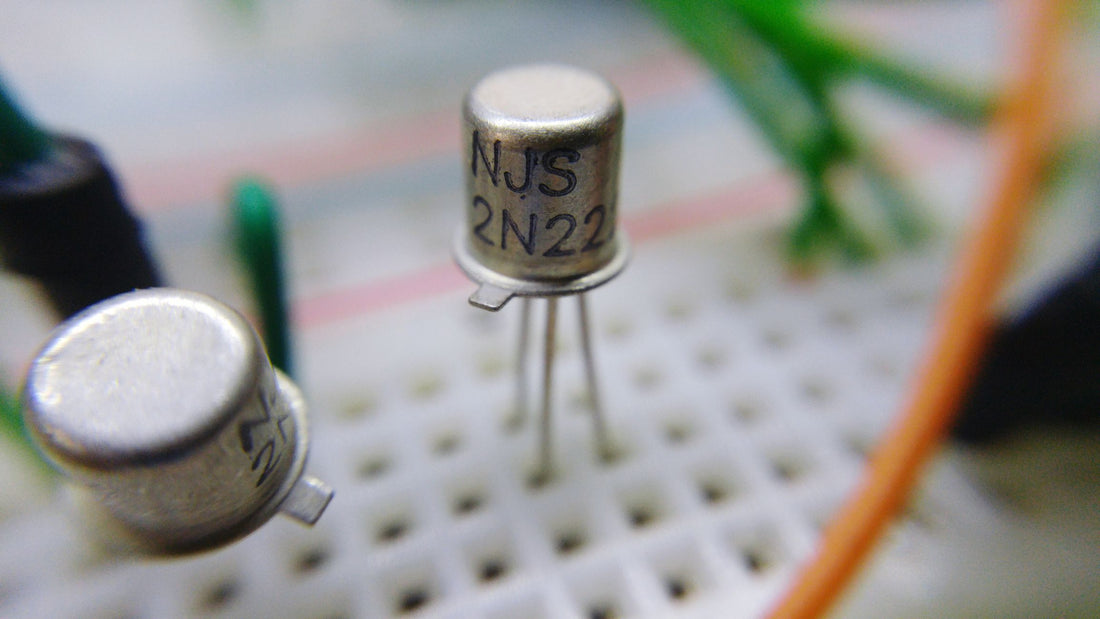The evolution of a preamp
by Paul McGowan
*Chapter 18 of my upcoming novel, Resurrection, is posted here.
Evolution is impossible for anyone to wrap their heads around. Like trying to visualize a billion, or a trillion of anything, our minds are simply incapable of "seeing" this level of complexity. When the numbers get too big, we lump them into groups.
I can remember trying to wrap my head around the complexity of life. It seems impossible we could have started as single-celled critters, yet we see the evidence of how it works all around us. The fact we cannot imagine something doesn't mean it cannot be true.
Take something simpler, like a preamplifier. I have designed many so it's easy for me to imagine starting from nothing and evolving it into a working piece. Only, I don't start with nothing. I start with a handful of highly evolved parts: wires, resistors, semiconductors, capacitors. Dig deeper. The idea of a capacitor dates back to 1745 when Ewald Georg von Kleist found that charge could be stored by connecting a high-voltage electrostatic generator by a wire to a volume of water in a hand-held glass jar.
You see where this is going. What's the history of electrostatic generators? Wire. Or, for that matter, glass jars? Or even as far back as the language needed to communicate the ideas. I won't bother detailing the long thread of what it took for John Bardeen, and Walter Brattain to leverage the work of others to group together enough ideas to invent the transistor.
It is technically possible to drill down far enough to where we get to the beginnings of something but I imagine the numbers and time needed to do that are too big for us to grasp as anything but a group, lump, or concept.
Our brains are incapable of seeing or understanding complex models over a certain size. It's one of our limitations.
Which is why we accept—have to accept—lumps of understanding in order to function in the physical world. I accept the lump conclusion that a transistor is an electrical valve where a small current manages a big current.
I accept the lump conclusion that one collection of parts sounds better than another.
The fact I cannot break it down into debatable bits does not mean the collection of bits isn't true.
- Choosing a selection results in a full page refresh.
- Opens in a new window.








